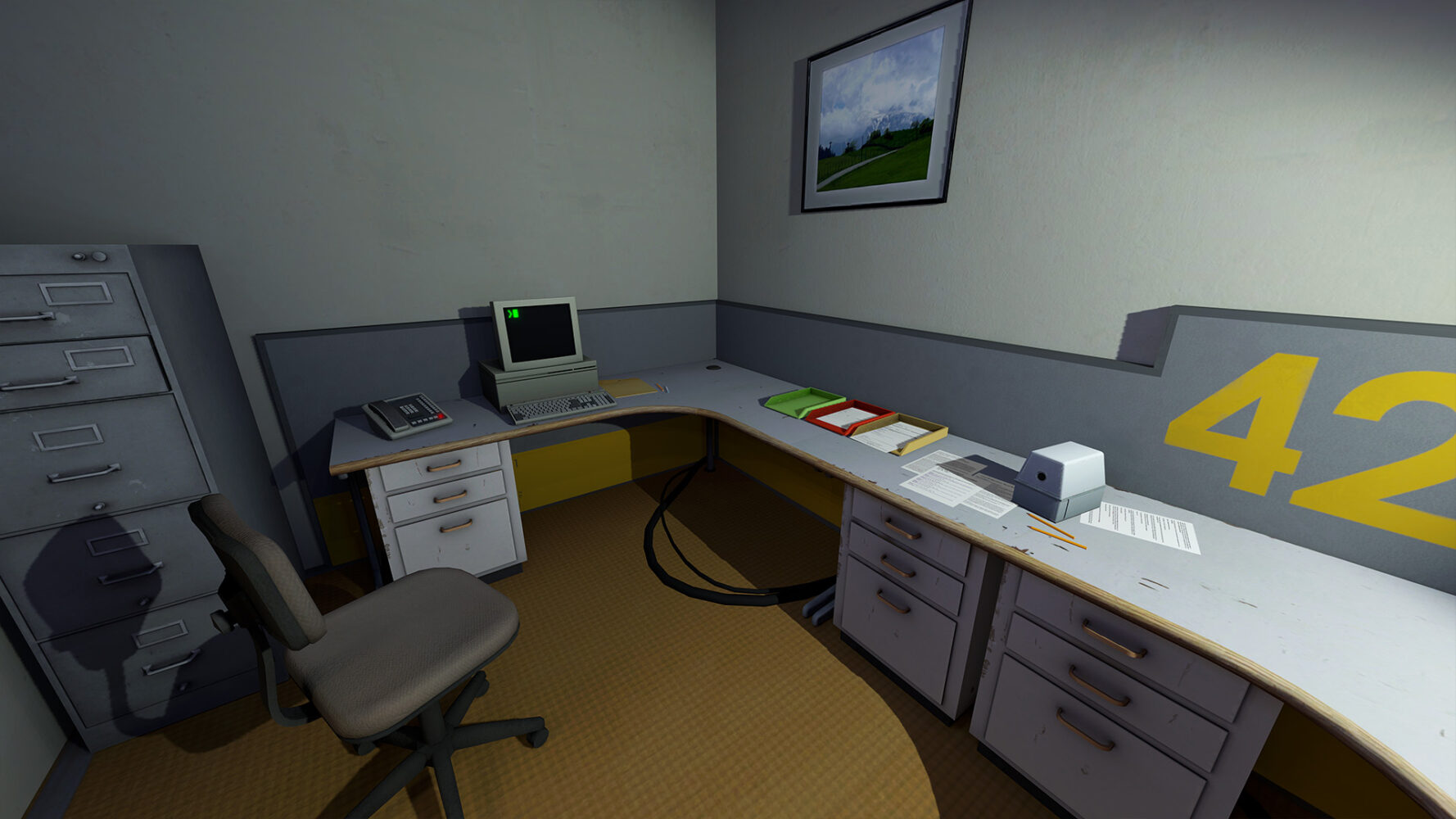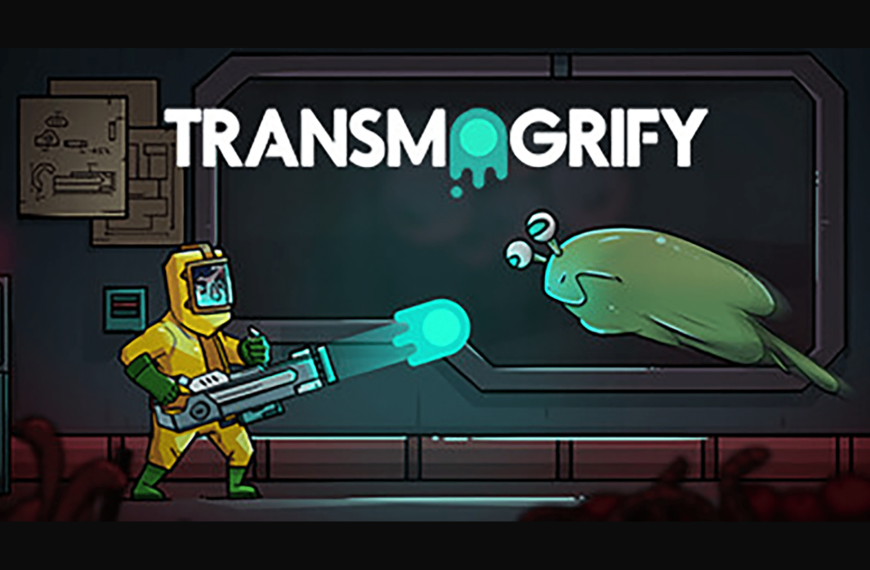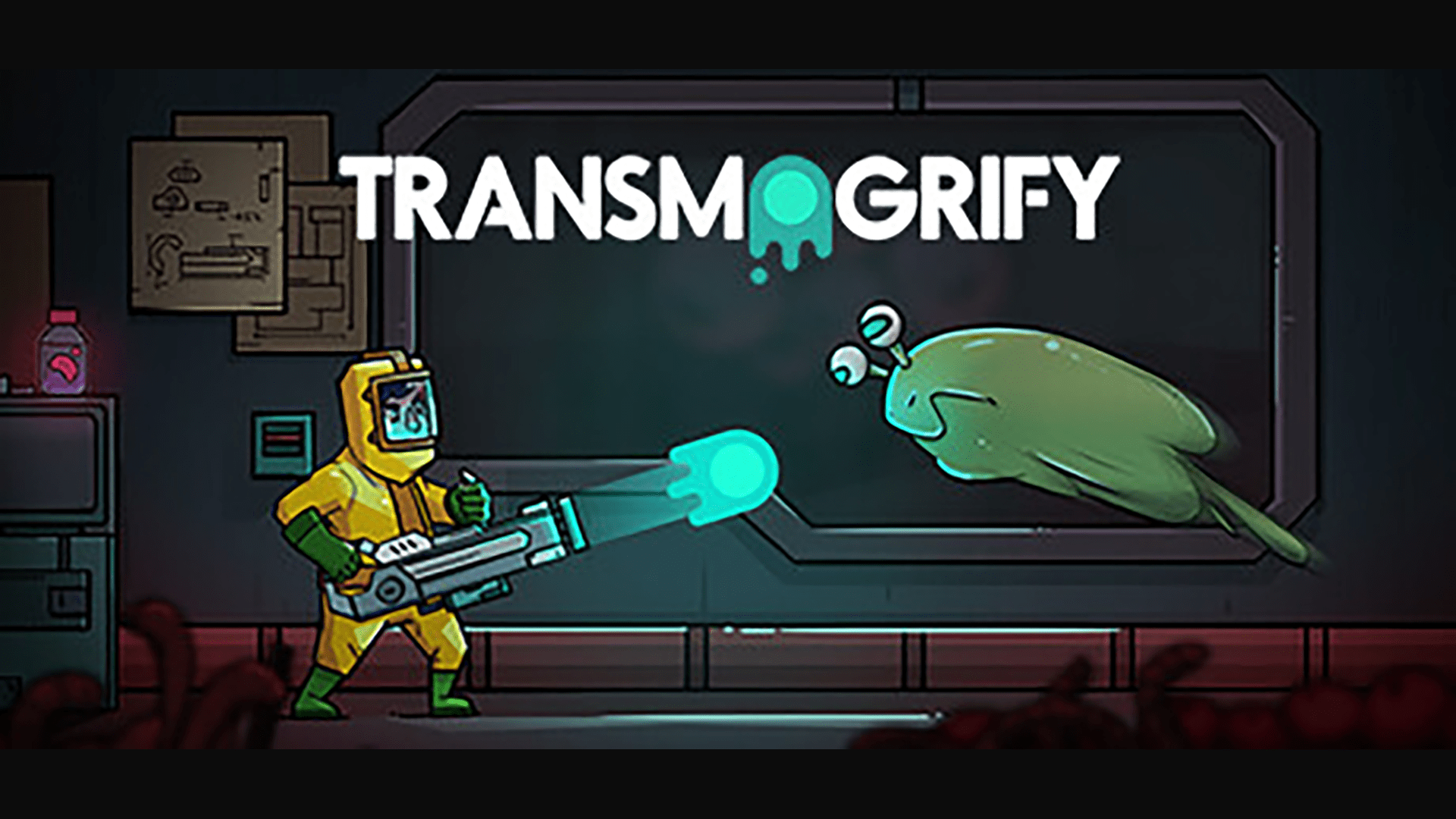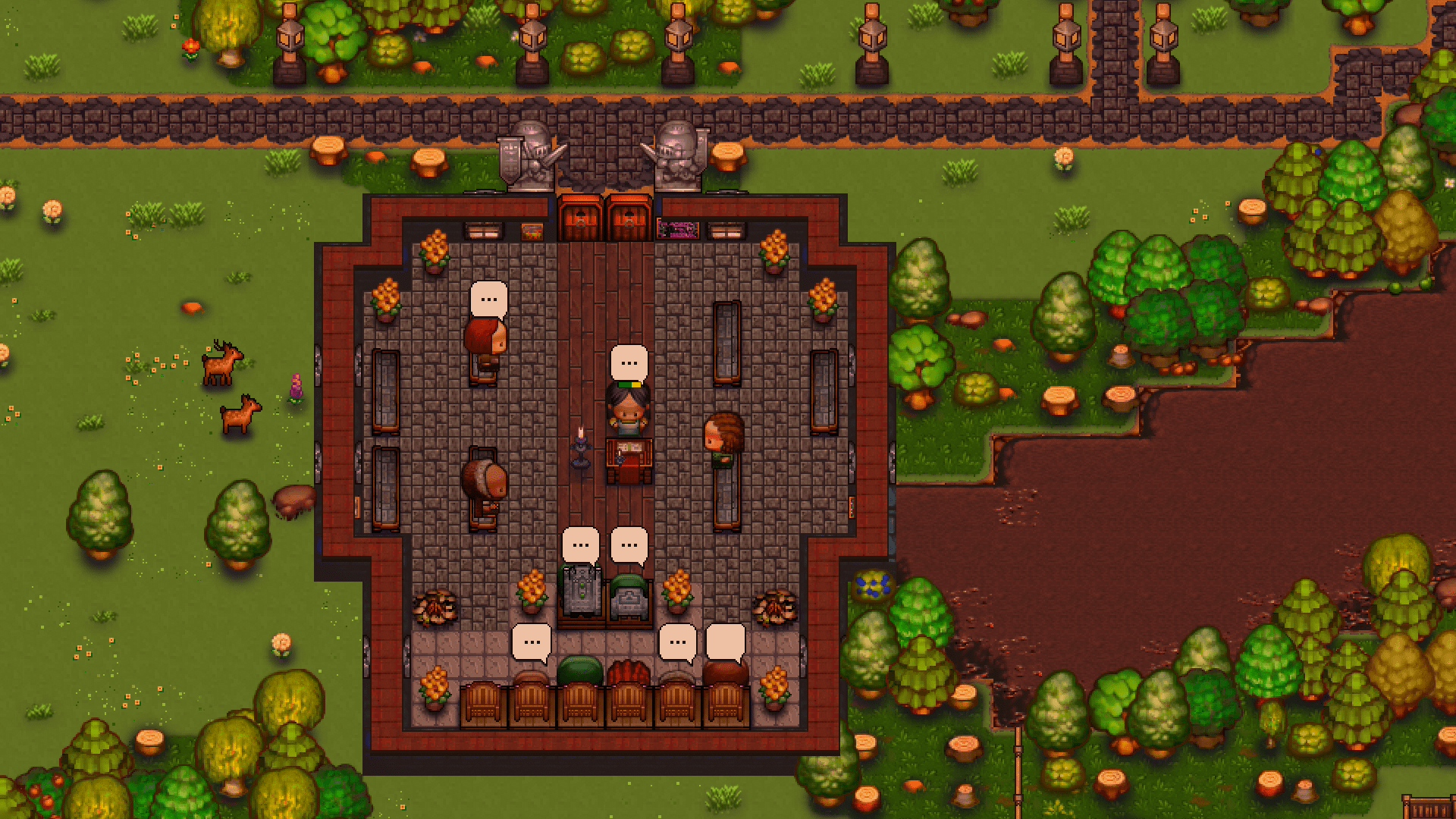This is the story of a man named Stanley. Stanley worked for a company in a big building where he was Employee #427. Employee #427’s job was simple: he sat at his desk in Room 427 and he pushed buttons on a keyboard. Orders came to him through a monitor on his desk telling him what buttons to push, how long to push them, and in what order. This is what Employee #427 did every day of every month of every year, and although others may have considered it soul rending, Stanley relished every moment that the orders came in, as though he had been made exactly for this job. And Stanley was happy. And then one day, something very peculiar happened. Something that would forever change Stanley; Something he would never quite forget.
The Stanley Parable is a modern classic, a simple and short but sweet game about making choices.

Gameplay
This is the story of a man named Stanley. Stanley’s world predates the recent bloom of time-loop games, and it may seem strange to call this game a time-loop, but I don’t feel that that title is unfounded. The game, technically, takes about ten minutes to complete, but as anyone who has played it knows, you can put hours and hours into this game. It’s all dependent on the passive choices you make, there’s no combat in this game, no dialogue boxes with choices of things you can say, just walking around, exploring the environments and finding new ways to disobey the omnipresent narrator. Some call this game a ‘walking-simulator’, but when compared to other examples of the always-ephemeral ‘walking-simulator’, its multiple endings and use of passive decision-making through exploration really set it apart.
Looking at other examples of the ‘walking simulator’, for instance What Became of Edith Finch and The Beginner’s Guide (from the same developer as the Stanley Parable), these games contain large sections with very basic gameplay that largely has no effect on the overall narrative of the game. These are both fantastic games, but at times they’re more ‘experiences’ than games, which there’s nothing wrong with. The Stanley Parable, on the other hand, faces you with an integral decision straight away. You’re faced with two doors, you’re told to go through the left one, it’s almost cartoonish reverse psychology, but it works. And this is all the learning you need to do to play the entire game, from here on the entire game is made by these quick, split-second decisions. Exploring every crack and crevice of each room, going through every door on each loop; it’s almost as though everything you do in this game is by accident.

Story
This is the story of a man named Stanley, exploring a very ordinary office and following a very linear path we set out for him. Well, until he decides to go against that. We don’t know why he would choose to do this, but it adds to a widely more interesting selection of story routes, examining the very fabric of what a video game can be. With each slight decision leading him down paths that makes it very hard for me to narrate…
The narrator is the absolute highlight of the story, constantly putting your decisions into question and attempting to lead you down the set path they’ve designated, in the vein of GLaDOS from Portal 2. Each new section of dialogue, keeping the player questioning the real motivations of the scenario and causing them to want to really go against the grain where possible, with very basic game mechanics having an immense impact on the story; if you were to, say, stand still at a certain moment another path may appear and open new ways for you to go. Their effectiveness is all in the strength of the writing and the performance, presented in a deadpan and flat manner, so that when the narrator breaks character it hits a lot harder. Performed wonderfully by Kevan Brighting, they are easily the driving force of not only the narrative, but the whole game. The narrator is the anchor that you have in what is essentially a non-traditional time loop game. He is the thing that pushes you forward, and equally tries to hold you back.
Also Read
Transmogrify PC Review: The Best Way To Defeat An Enemy
A video game protagonist wakes up in an on-fire science lab with nothing but an AI and a high-tech gun to…
Defy the Gods as a Witchy Moon Goddess in Hades 2
Greek-mythology-themed roguelike Hades is getting a sequel, but developer Supergiant has kept the details scant beyond a Hades 2 reveal trailer…
The story can vary so widely based on what you do, with a total of 19 endings, all the while maintaining this Portal 2- esque test subject feeling; you are here and you want to get out, and you are being tormented for it in both comedic and sinister ways. It’s extremely surreal throughout and the way it chooses to examine free will and existentialism (albeit at a very base level, taking it light-heartedly) is very impactful and subversive to typical video game structure. The workplace setting also calls upon an ingrained feeling of conformity, Stanley’s job was simply to push different buttons based on orders from a screen, reflecting the idea of sticking to your set path, and of course, as the player, you then break Stanley’s cycle.
The story’s commentary on video games and how decision making functions within them acts almost as an anti-bioshock. Where that game was a critique on the lack of control a player truly has, this is a celebration of the ways that you can have control of what happens in the game with even just the most simple of interactions.

Conclusion
The Stanley Parable is very free. There’s a million ways (rounded up from nineteen) to finish the game and it’s all done without a single combat scenario or dialogue tree. A lot of games try to create a feeling of freedom through giving you lots of options for how you can approach combat scenarios, some games just let you paint or some games let you use a level creator but I think the Stanley Parable’s approach to freedom is through passivity, the architecture of human nature and decision making.
It’s a unique way of telling a story, even more than half a decade later, and since the release of this game there have been many that have attempted to emulate its approach. However they fail to have that feeling of exploration, discovery and freedom that the Stanley Parable is so good at achieving. Even the creator’s culture work, like The Beginner’s Guide, feels so much more linear and, as I said earlier, like an experience more than a game.
Overall, The Stanley Parable is a wholly unique and inspiring experience which has had a tangible and lasting impact on the games industry. With the Ultra Deluxe Edition releasing soon, it is the perfect time to re-experience the game’s masterful storytelling and to see the extent of the new endings.
Our Rating
Gameplay
Art & Graphics
Narrative









